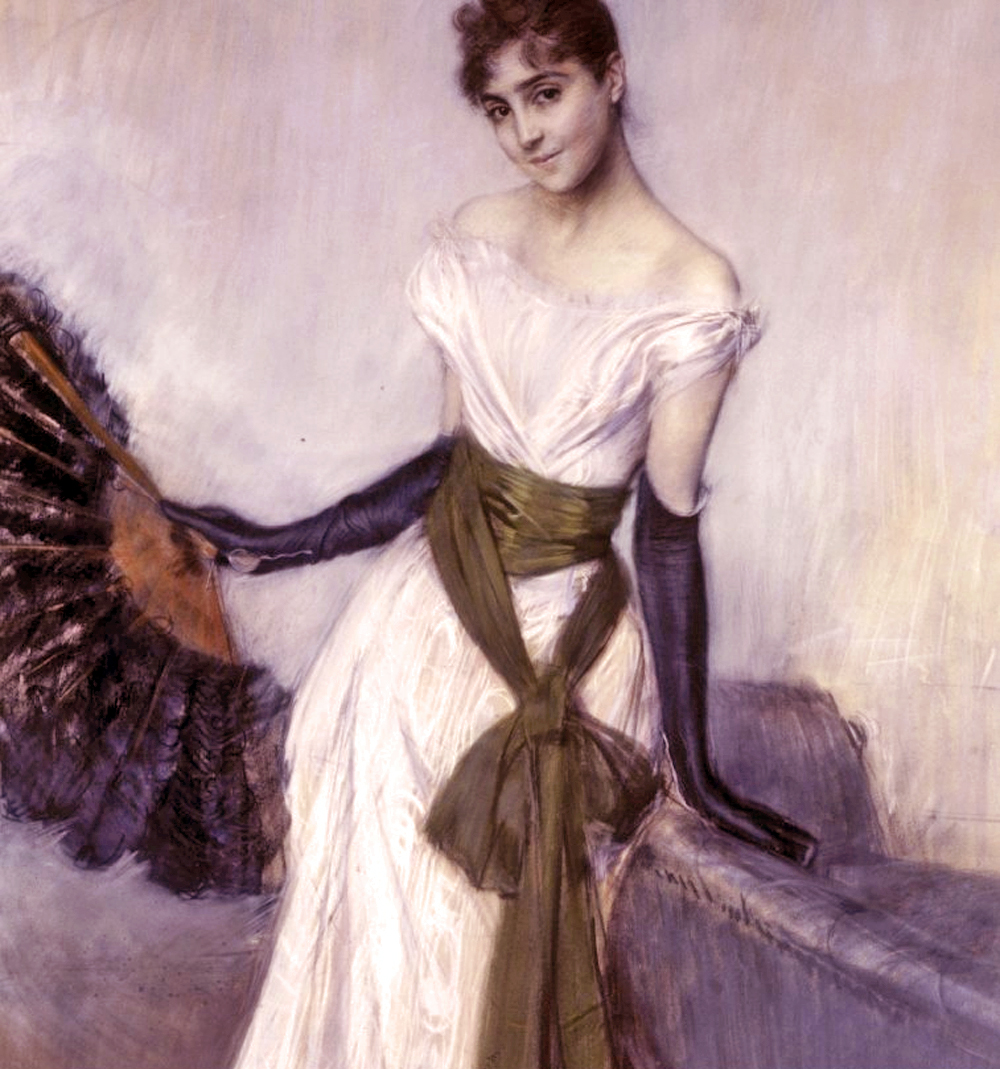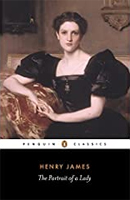
Daisy Miller (1879) is a short novel about a young American woman traveling in Europe. Daisy is enjoying her new experiences as she travels, and her priorities are her own pleasure and amusement. Unlike those around her, Daisy tells the truth rather than calculating to move up the social ladder.
Frederick Winterbourne meets Daisy in Vevey, Switzerland and is instantly intrigued by her and her fresh nature. He is protective of Daisy and sees that she is breaking unspoken social rules. Frederick thinks that Daisy blunders innocently and without awareness, and it never occurs to him that she is deliberately being rebellious in refusing to conform to the norms of society.
Winterbourne pursues Daisy, but when his aunt refuses to meet her, Daisy realizes that his family does not consider her to be a social equal. Before Winterbourne leaves Vevey for Geneva, he agrees to meet Daisy in Rome later that year.
When he arrives in Rome, Daisy is being gossiped about by those who think she is being too familiar with Italian men. In particular, Daisy is involved with a man named Giovanelli, and she refuses to tell Winterbourne if she is engaged to him or not. Daisy is gradually excluded by other Americans because of her behavior. One night, Winterbourne sees Daisy with Giovanelli at the Colosseum, and he is angry with Giovanelli for taking her there because of the risk of catching Roman fever.
Sadly, soon after, Daisy contracts Roman fever and dies. After her death, Winterbourne belatedly receives a letter from Daisy. In her letter, she explains that she was never engaged and that she remembered their time together in Geneva fondly.
Henry James wrote this novella in third person, leaving the reader without a complete understanding of Daisy. The reader’s view of Daisy is mainly filtered through Winterbourne’s perspective. Is Daisy ignorantly blundering, or is she purposefully striving for freedom?
In spite of seeming to understand Daisy’s letter and her need for respect, Winterbourne returns to his old ways at the story’s end. He is apparently unaffected by Daisy’s presence in his life. Meanwhile, the reader is left wondering whether Winterbourne understood Daisy at all.
Related Review:
The Aspern Papers by Henry James
The Turn of the Screw by Henry James
Purchase and read books by Henry James:




© penciledpage.com





Search This Website